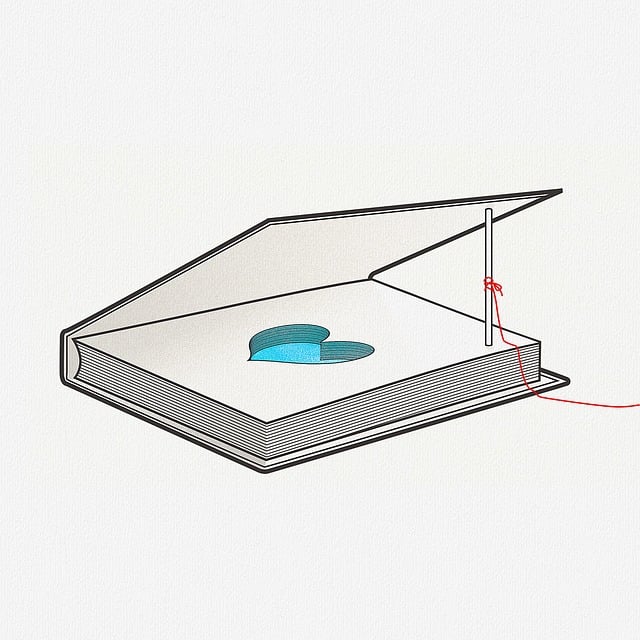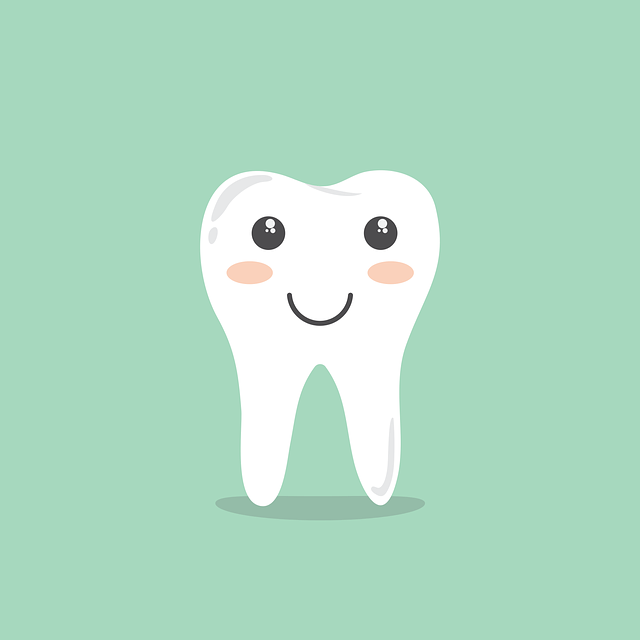Discover the truth about composite veneers and staining! Say goodbye to dental stains with our expert insights and preventive tips.
1. Understanding Composite Veneers: A Closer Look into their Composition
Composite veneers are a popular and cost-effective dental treatment that can transform your smile by correcting various cosmetic imperfections. They are made from a mixture, or composite, of different materials that are carefully selected to provide durability and esthetic appeal. The composition of these veneers typically includes:
-
- Resin: This is the main component of composite veneers and provides the strength and durability necessary for everyday use. It is carefully formulated to resist wear and tear, ensuring that your veneers will last for an extended period of time.
- Fillers: To enhance the properties of resin, composite veneers are often reinforced with fillers such as silica, quartz, or glass particles. These fillers improve the appearance and strength of the veneers, making them more resistant to chipping or cracking.
- Pigments: Composite veneers can be customized to match the natural color of your teeth. Pigments are added to the composite material to achieve the desired shade, ensuring a seamless blend with your existing teeth.
Understanding the composition of composite veneers is crucial in appreciating their aesthetic and functional benefits. Unlike porcelain veneers, composite veneers can be shaped and sculpted directly onto your teeth, making them a versatile option for smile makeovers. The materials used in their composition are carefully chosen to ensure optimal strength, durability, and natural appearance. If you’re considering composite veneers as a solution for improving your smile, it’s essential to consult with a skilled dentist who can provide expert guidance based on your unique dental needs.
2. Debunking the Myth: Do Composite Veneers Stain?
Composite veneers are a popular choice for enhancing your smile, but there’s a common misconception that they easily stain. Let’s set the record straight and debunk this myth once and for all. The truth is, composite veneers are highly resistant to staining, thanks to their advanced material composition.
Here’s why composite veneers are unlikely to stain:
- Stain-Resistant Material: Composite veneers are made from a durable, non-porous material that is highly resistant to external staining agents such as coffee, tea, and red wine.
- Protective Coating: These veneers are coated with a unique protective layer, acting as a shield against potential staining. This layer ensures that your veneers stay vibrant and maintain their natural beauty for a long time.
- Easily Maintained: Proper oral hygiene practices, such as brushing and flossing regularly, can help prevent staining. Additionally, it’s recommended to avoid excessive consumption of highly pigmented foods and beverages to keep your composite veneers looking their best.
So, rest assured that composite veneers are a fantastic choice if you desire a stunning, stain-resistant smile. With proper care and maintenance, your composite veneers will continue to bring you confidence and enhance your overall appearance.
3. The Science Behind Dental Stain Prevention with Composite Veneers
Veneers have revolutionized the field of cosmetic dentistry, offering patients a way to achieve a bright and flawless smile. Composite veneers, in particular, are increasingly popular due to their ability to effectively mask various dental imperfections. But what sets them apart from other options on the market? Let’s delve into the science behind composite veneers and how they prevent dental stains.
Composite veneers are made from a special type of resin that mimics the natural appearance of teeth. This material has impressive stain-resistant properties, thanks to its unique composition and the technology involved in its creation. The science behind preventing dental stains with composite veneers lies in:
- Micro-filling Technology: Composite veneers are constructed using a micro-filling technology that creates a smoother surface, inhibiting the accumulation of plaque and tartar. By minimizing plaque build-up, the risk of staining is significantly reduced.
- Porous-Free Formula: The composition of composite veneers ensures a porous-free structure, preventing the absorption of pigmented substances that could cause discoloration over time. This anti-staining characteristic makes composite veneers an ideal choice for maintaining long-lasting, naturally beautiful smiles.
By understanding , patients can confidently opt for this procedure, knowing they are choosing an effective and reliable solution for achieving a bright, stain-free smile.
To maintain stain-free composite veneers and protect your smile, follow these simple tips: 1. Practice Good Oral Hygiene: 2. Avoid Stain-Causing Foods and Beverages: 3. Maintain Regular Dental Visits: Proper oral hygiene practices are crucial for maintaining the appearance of veneers. By following these essential practices, you can ensure that your veneers stay beautiful and long-lasting. Here are some key steps to incorporate into your oral hygiene routine: Moreover, it’s essential to be mindful of certain oral habits that can impact the appearance of your veneers: By following these essential oral hygiene practices and being mindful of your habits, you can help preserve the appearance and longevity of your veneers for years to come. When it comes to maintaining stain-free veneers, being mindful of your dietary choices is crucial. Certain foods and beverages have the potential to stain or discolor your veneers, diminishing their aesthetic appeal. By avoiding these items, you can ensure the longevity and natural look of your veneers. Foods to Avoid:
5. The Role of Oral Hygiene: Essential Practices for Preserving Veneer Appearance
6. Dietary Considerations: Foods and Beverages to Avoid for Stain-Free Veneers
Beverages to Avoid:
- Red wine, which contains tannins that can leave stains on your veneers
- Coffee and tea, especially if consumed frequently and without proper rinsing afterwards
- Colas and other dark-colored sodas
- Fruit juices that are deeply colored, such as cranberry or grape juice
- Alcoholic beverages, especially those with dark or artificially colored mixers
While avoiding these foods and beverages altogether may be challenging, it’s important to be cautious or minimize their consumption to prevent staining your veneers. When consuming potentially staining substances, try using a straw to minimize contact with your teeth and veneers. Additionally, maintaining a good oral hygiene routine by brushing and flossing regularly will help keep your veneers looking their best for years to come.
7. Professional Cleaning and Polishing: How Regular Dental Visits Help Prevent Stains
Regular dental visits are essential for maintaining a bright and stain-free smile. Professional cleaning and polishing, performed by dental hygienists, can effectively remove stubborn stains caused by everyday habits like drinking coffee, tea, or smoking. This thorough cleaning process involves the use of advanced tools and techniques that go beyond what can be achieved through regular brushing and flossing alone.
During the cleaning procedure, dental hygienists carefully scrape off plaque and tartar buildup from the teeth, targeting hard-to-reach areas that are prone to staining. These skilled professionals also use special prophy paste to polish the teeth, providing them with a smooth, shiny surface that is more resistant to stains. By regularly scheduling these dental visits and cleanings, you can proactively prevent stains from becoming a major concern and maintain a confident and radiant smile for years to come. Remember, prevention is always better than treatment, and professional cleaning and polishing are key components in keeping your teeth free of unsightly stains. So, be proactive and invest in your smile today!
8. Quenching the Thirst: Opting for Stain-Free Beverages with Composite Veneers
When it comes to maintaining the pristine appearance of your composite veneers, choosing the right beverages is essential. Stain-free beverages can help preserve the natural beauty of your veneers, ensuring that they retain their flawless look for years to come.
To quench your thirst while protecting your investment, consider opting for the following stain-free beverages:
- Water: The perfect choice for hydration without any risk of staining. Keep a bottle of water handy throughout the day to stay refreshed and protect your veneers.
- Herbal tea: Enjoy the aromatic flavors and health benefits of herbal tea. Whether it’s chamomile, peppermint, or green tea, these drinks are stain-free and refreshing.
- Citrus-infused water: Add a splash of lemon, lime, or orange to your water for a refreshing twist. Not only does it enhance the taste, but citrus also helps combat teeth staining.
By selecting stain-free beverages like water, herbal tea, and citrus-infused water, you can indulge in delicious drinks while keeping your composite veneers free from any unwanted discoloration. Remember, maintaining a beautiful smile goes hand in hand with making smart choices when it comes to what you consume!
9. Smoking and Veneers: Understanding the Impact on Stain Prevention
Smoking is not only detrimental to your overall health, but it also has a significant impact on the prevention of stains on veneers. Understanding the effects of smoking on your dental health and how it can affect the longevity of your veneers is crucial. Here’s what you need to know:
1. Stain buildup: Smoking introduces harmful chemicals and tar into your mouth, which can gradually build up on the surface of your veneers. This leads to noticeable stains that can be difficult to remove, even with regular brushing and professional cleanings.
2. Discoloration: The nicotine and tar found in cigarettes can cause your veneers to become discolored over time. This can result in a yellow or brownish hue, diminishing the natural, bright appearance of your smile.
10. Long-Term Results: Maintaining the Aesthetic Appeal of Your Composite Veneers
Maintaining the aesthetic appeal of your composite veneers is crucial for long-term results. By following a few simple tips, you can ensure that your veneers stay looking beautiful and natural for years to come.
1. Good oral hygiene: Brush and floss your teeth regularly to ensure the cleanliness of your veneers. Use a soft-bristle toothbrush and a non-abrasive fluoride toothpaste to avoid scratching the surface of the veneers. It’s also important to maintain regular dental check-ups and cleanings to keep your overall oral health in check.
2. Avoid staining substances: Certain food and drinks can stain your veneers over time. Limit your consumption of coffee, tea, red wine, and other dark-colored beverages. If you do indulge in these staining substances, rinse your mouth with water afterwards or brush your teeth to minimize the impact on your veneers.
Conclusion
In conclusion, composite veneers may stain over time but regular dental care and maintenance can significantly prevent discoloration. Good oral hygiene practices, avoiding staining agents, and scheduling regular dental cleanings can help maintain the natural appearance of your veneers for years to come. Stay proactive in your dental health to enjoy a long-lasting and stain-free smile!




